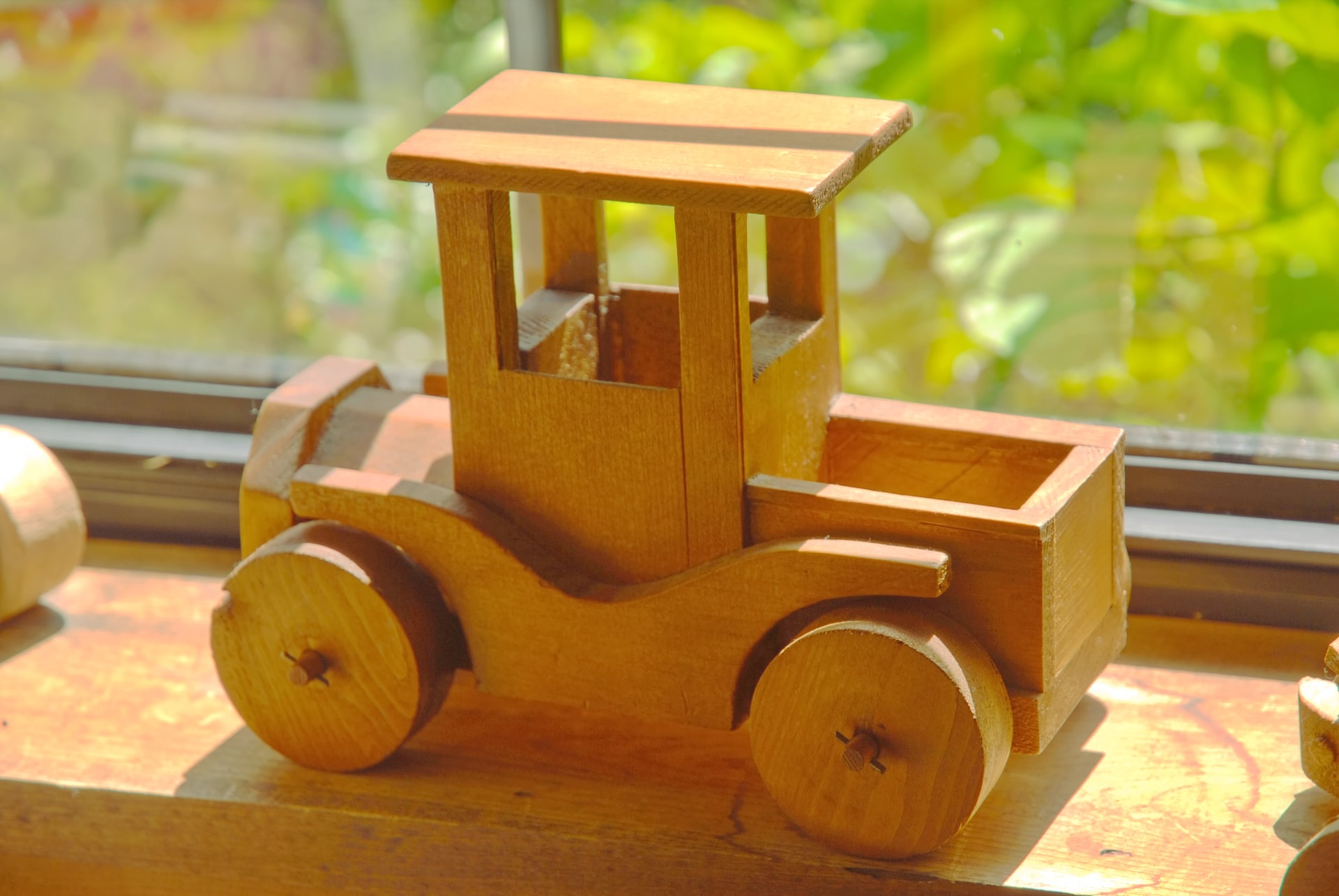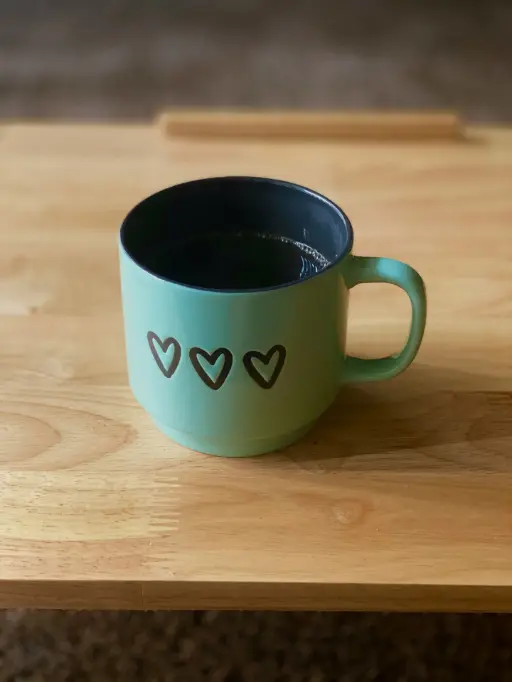When you think of wooden toys, you probably think of simplicity, durability and timeless charm. An island with a rich cultural and artistic tradition, Sri Lanka has emerged as a standout player in the world of wooden toy manufacturing. In this blog we explore the unique aspects of the Sri Lankan wooden toy industry, from the craftsmanship to the sustainable practices that make it a special phenomenon.
Sustainability at its core
One of the most admirable aspects of wooden toy production in Sri Lanka is its commitment to sustainability. Many toys are made from rubberwood, a byproduct of the rubber industry. This wood is not only sustainable, but also helps to reduce waste. By using rubberwood, Sri Lanka sets a standard in the production of eco-friendly toys.

Traditional craftsmanship
The craftsmanship behind Sri Lankan wooden toys is nothing short of art. These crafts are often passed down from generation to generation, allowing each toymaker to put their unique stamp on their work. The accuracy and attention to detail in these toys are a testament to the skill and passion of the Sri Lankan artisans.
Cultural treasures in toys
Another striking feature of Sri Lankan wooden toys is the integration of cultural elements. Many toys feature traditional Sri Lankan patterns and motifs, meaning each piece tells a story. These cultural influences make the toys not only playful and educational, but also a piece of cultural heritage.
The economic impact
Sri Lanka's toy industry is more than just a production process; it is a vital source of income for many local communities. This industry supports small and medium-sized enterprises and provides employment to many artisans. By selling their products internationally, these entrepreneurs also help promote the global recognition of Sri Lankan crafts.
Low import tariffs
Importing products, including toys, from Sri Lanka to the European Union (EU) can be beneficial due to favorable trade regulations. Sri Lanka benefits from the Generalized Preferential System Plus (GSP+), a trade arrangement that allows developing countries like Sri Lanka to export certain products, with reduced or no import tariffs to the EU. This means that EU importers often experience lower costs when importing goods from Sri Lanka, which promotes trade and improves the price competitiveness of Sri Lankan products in the European market.
Read also:

Everything you need to know about EN71
When importing toys from China, it is crucial to ensure safety and compliance with European standards. The EN71 standard plays a key role in this, a crucial part of the CE marking for toys.
The growing popularity on the international market
Sri Lankan wooden toys are gaining popularity in the international market. The unique combination of sustainability, craftsmanship and culture makes these toys attractive to consumers looking for authentic, environmentally friendly and educational products for children. Exports of these toys are growing, highlighting Sri Lanka's potential as a major player in the toy industry.
Conclusion
Wooden toy production in Sri Lanka is a wonderful example of how traditional craftsmanship, sustainability and cultural values can come together in the form of toys. It is more than just a product; it is a reflection of Sri Lanka's commitment to quality, sustainability and the preservation of cultural heritage. This makes each toy not only a source of fun, but also an educational and culturally rich asset.
Do you need help importing from Sri Lanka?
Westwood Sourcing offers specialist support and expertise to make your import from India successful and efficient. Contact us today for more information!









